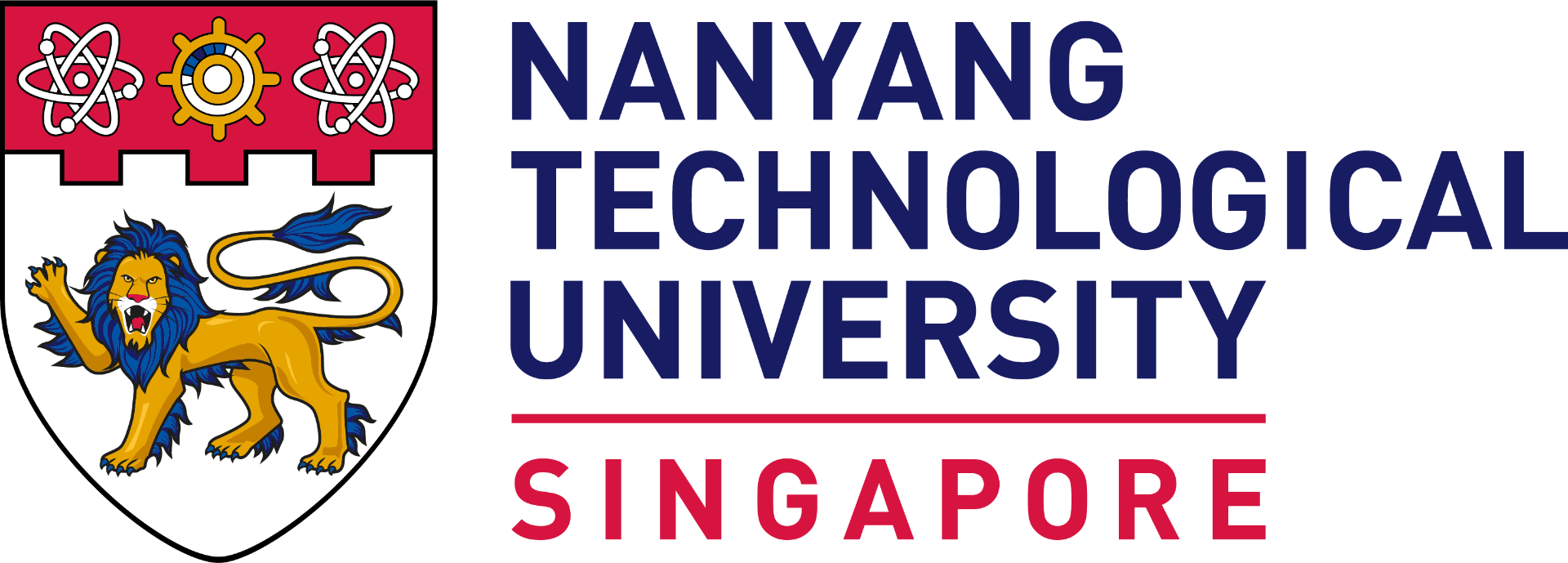In his dapper magician getup, HEY! student writer Kai Emmanuel Kuah looks every bit not the student he is. As the third-year communication major pulls fire out of thin air, we throw a few questions his way
by Eileen Tan / Photos and video courtesy of Kai Emmanuel Kuah
You must live a charmed life.
Actually, when I was 7, I was diagnosed as dyslexic with attention-deficit disorder. This greatly affected my studies, especially hindering my ability to read and write Mandarin. Growing up, doing magic helped me to cope with my conditions. Learning magic helped me to focus and concentrate, and to socialise with others better.
Does magic still help you now?
It helps me in subliminal ways. I’m better at multi-tasking and more confident in my everyday interactions.
Mum’s the word! Magicians don’t reveal their secrets, but it was also your mother who taught you magic when you were small.
Yes, I picked up magic when I was in diapers. My grandfather was a magician. He handed down the tricks to my uncle, who taught my mum. At 5 years old, I took the stage as my mum’s assistant at magic shows she performed for my classmates. As I grew older, I started developing my own style and taught myself how to do modern tricks.
And now, you’re a professional magician yourself.
I became more serious in magic after watching the heist-thriller movie, Now You See Me. The film featured modern pieces of magic with cards, money and mentalism, and they made it look really cool. I also realised how relatable magic could be to others. After national service, I got acquainted with Alexander Yuen, who is my mentor and current manager.
You don’t seem to want to answer this question, so I’ve to ask again. Is the pay good?
For me, magic is not so much about the money, at least, not yet. But, it pays more than other part-time jobs I would be able to find.
You’ve done a magic show for Google. Who else?
As a child and teen, I performed in school and at church carnivals and old folks’ homes, especially during Christmas. It’s always rewarding to see the surprise on people’s faces – there’s joy. In recent years, I’ve done work for Resorts World Sentosa, DSTA, Kwong Wai Shiu Hospital and the Ministry of Education. Some shows are even customised for the client.

On average, how many shows do you do a month?
It depends, but generally three to four a month. I did virtual shows and workshops when COVID-19 restrictions were in full force.

How has NTU helped you become a better illusionist?
My communication course keeps my creative ideas churning. I meet very interesting students in school – people with unique talents and who really dare to pursue their dreams. It’s very nice because I get to work with this diverse group on creative projects together, like making documentaries, films and advertising campaigns, which we have won awards for. Last year, we went to France where I got to learn from the world’s top creatives and brands at the Cannes Lions International Festival of Creativity. My minor in theatre has also honed my performing skills.
What’s your favourite magic trick?
I love manipulating objects like balls, cards and even roses. I make them appear, disappear and multiply, transforming in a manner that is theatrical.
You brought some magic tricks to New York last year when you were on exchange at the University of Rochester.
Magic has always been a way for me to make new friends, and at the University of Rochester, people would ask me to perform for their friends every now and then. I also joined the campus magic club and taught its members sleight-of-hand tricks for a magic show.
Augmented reality (of the type used in HEY!, for example) builds bridges between dreams and reality, just like magic. Do you think the experiences are similar?
Any sufficiently advanced technology is indistinguishable from magic, said the prolific science fiction writer, Arthur C Clarke. I believe that augmented reality is a tool that we can use to create better experiences. Whilst magic relies on many physical aspects, both have the ultimate goal of achieving an immersive experience that goes beyond reality.

This story was published in the Jan-Feb 2023 issue of HEY!. To read it and other stories from this issue in print, click here.

